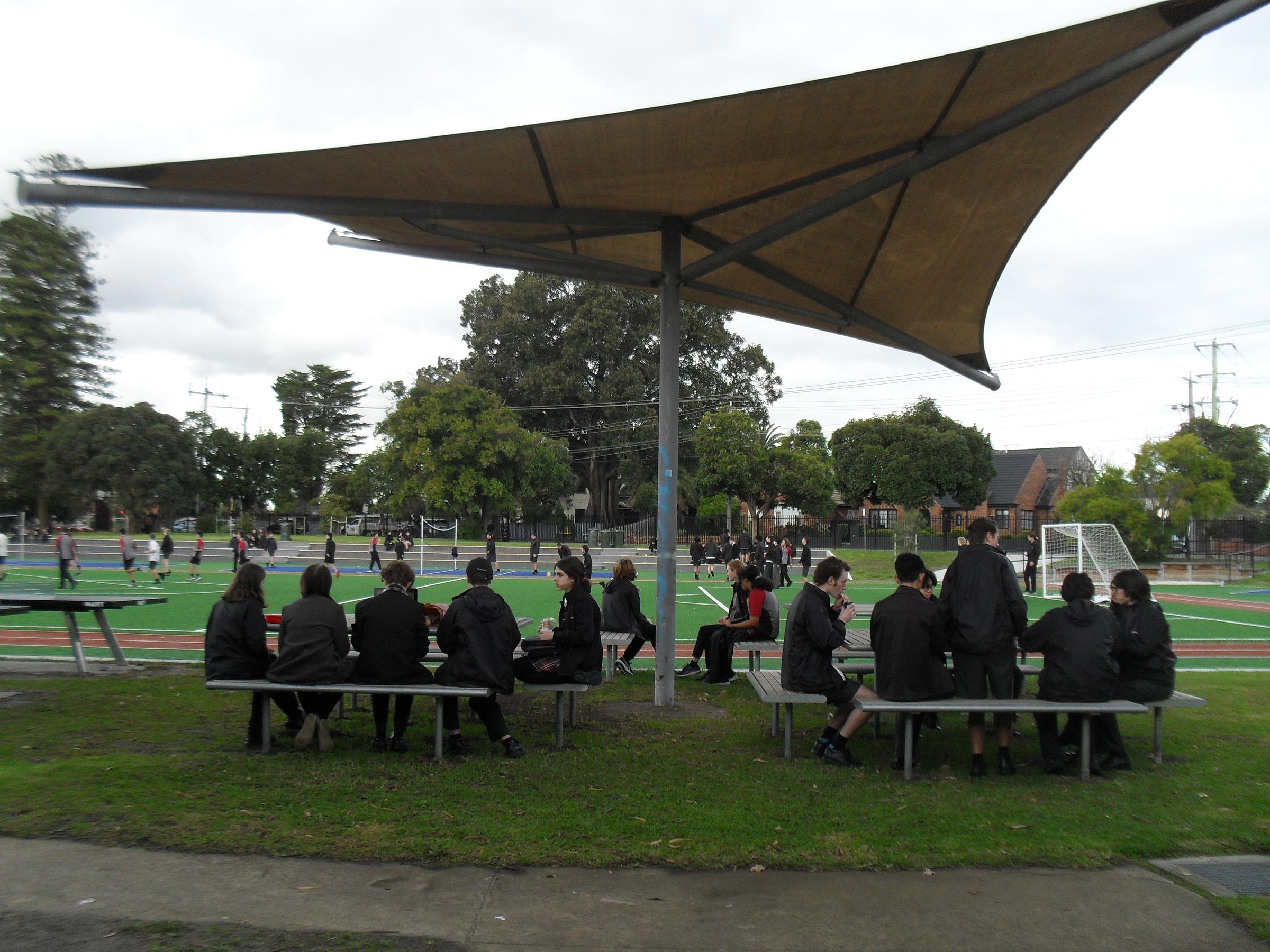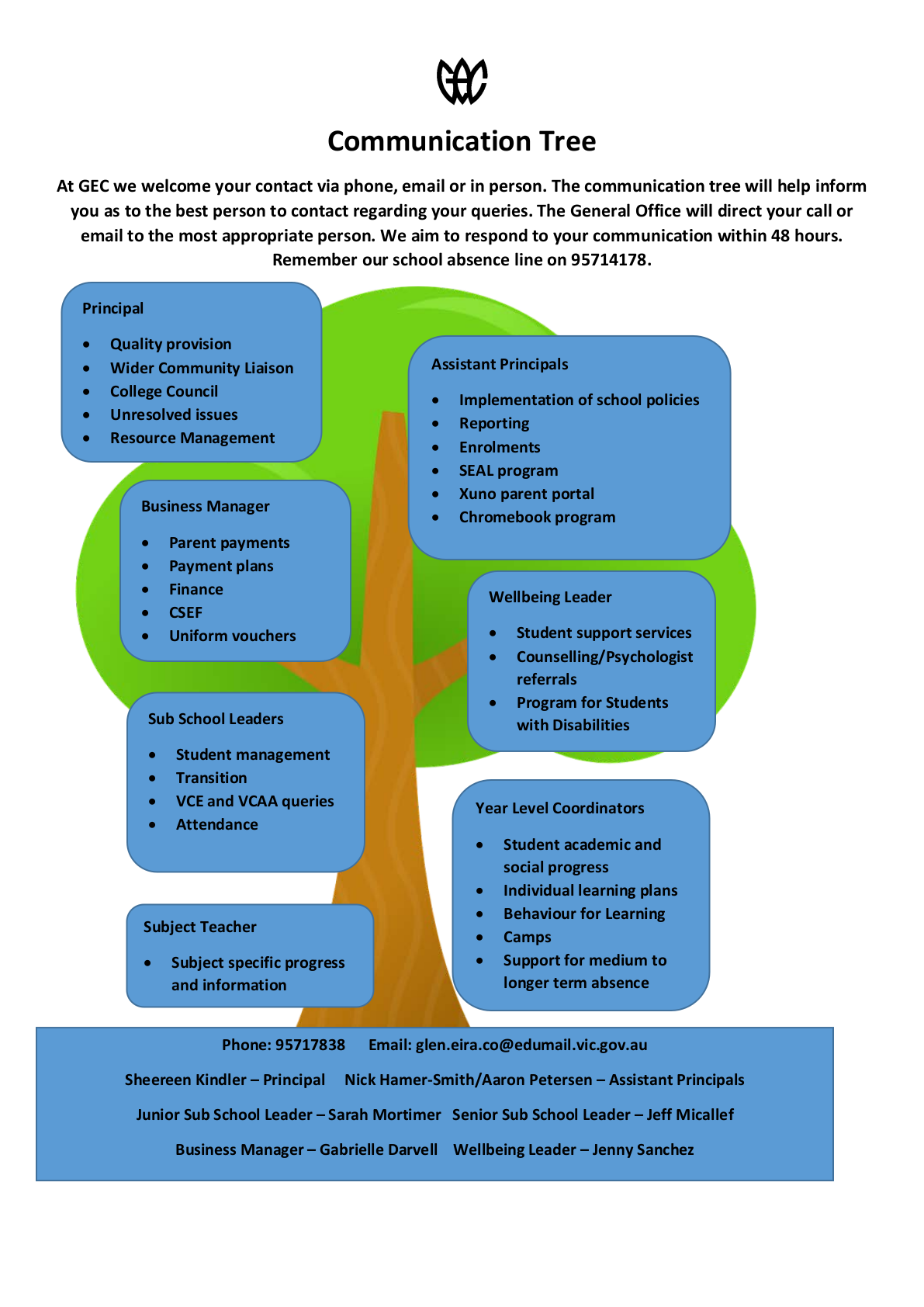From the Assistant Principals

National Reconciliation Week – 27th May – 3rd June 2022
Acknowledgement of Country
We acknowledge the Traditional Owners of country throughout Australia and recognise their continuing connection to land, waters and culture. We pay our respects to their Elders past, present and emerging.
What is National Reconciliation Week?
National Reconciliation Week (NRW) is a time for all Australians to learn about our shared histories, cultures, and achievements, and to explore how each of us can contribute to achieving reconciliation in Australia. The dates for NRW remain the same each year; 27 May to 3 June. These dates commemorate two significant milestones in the reconciliation journey— the successful 1967 referendum, and the High Court Mabo decision respectively. 2022 marks 30 years since the Mabo decision was handed down.
27 May 1967 – On this day, Australia’s most successful referendum saw more than 90 per cent of Australians vote to give the Australian Government power to make laws for Aboriginal and Torres Strait Islander people and recognise them in the Census.
3 June 1992 – On this day, the Australian High Court delivered the Mabo decision, the culmination of Eddie Koiki Mabo’s challenge to the legal fiction of ‘terra nullius’ (land belonging to no one) and leading to the legal recognition of Aboriginal and Torres Strait Islander peoples as the Traditional Owners and Custodians of lands. This decision paved the way for Native Title.
The 2022 theme for National Reconciliation Week is Be Brave. Make Change. Change begins with brave actions in your daily life – where you live, work, play and socialise. Take these Actions to Make Change with you every day of the year, not just during National Reconciliation Week.
What we did at the school
The library had a wonderful display to commemorate reconciliation week and we had a screening of -’You Can’t Ask That - Indigenous’ - Insightful, irreverent, moving and unpredictable, this episode sets the record straight about what it's really like to be an Indigenous Australian.
XUNO Survey
We appreciate the Parents and Friends Association conducting a survey of the use of XUNO. It has provided the school with some valuable information. In response to this we are hosting a XUNO representative to discuss how we can improve the use of the XUNO parent portal. Representatives of the Parents and Friends Association will be attending to help us.
Uniform
As we head into winter, it is timely to remind students that hoodies are not permitted to be worn. The school uniform includes a jumper and jacket to ensure student warmth. A plain white t-shirt is permissible under the school shirt. Any plain white t-shirt (i.e. no logos or designs) must be worn as an undershirt only and must not show below the sleeve or below the hemline. The college dress may only be worn with black socks. The college skirt may be worn with either tights or black socks but not both.
We would really appreciate parents talking to their children about our values at the school. This might be a conversation involving progress reports or it might simply be part of a discussion when you ask them how their day may have gone at school.
Values Statement
Growth and striving – we grow and aspire to learn by innovating and collaborating together.
Equity and integrity – we all have access to a broad range of opportunities that are inclusive of our diverse community.
Care and respect – we care for each other, we act respectfully and support each other in doing our best.
Nick Hamer-Smith
Assistant Principal
Communication Policy
RATIONALE
At Glen Eira College we value timely, respectful and appropriate communication in order to ensure all stakeholders are informed. Communication at GEC is consistent with our statement of values and philosophy in the Glen Eira 5. This includes a commitment to participate and engage professionally in meetings. Glen Eira College supports a wide range of communication tools and procedures.
PURPOSE
This document provides guidelines for the appropriate use of the range of communication tools and procedures employed at the school. Its purpose is to ensure these tools are used for the functions for which they are created and made available to facilitate the efficient operation and performance of the school.
GUIDLINES
1. Staff
General Protocols
- Staff bulletins will be emailed daily to all staff. The weekly newsletter is emailed on Monday morning and pigeon holed. Briefings are 5 minutes in length and occur three times a week. Information that is not available in other ways is shared. Repetition is to be avoided.
- Digital communication between staff will occur through edumail, gmail or google drive
- Electronic devices should not be used in meetings unless otherwise agreed to by the convener
- Email bulletin messages to the office by 2.30pm
- When emailing, email details of other people should not be provided
- Announcements or paging should only occur before team, in the last minute of period 2, 4 and 6, lunch and recess, or after school. Any other announcements or paging must be authorised by the Principal
- School phones can be booked through the General Office for school business and yard duty
Emails
- Staff are only obliged to email parents or colleagues within business hours
- When emailing parents it is best practice to inform co-ordinators
- Include subject in subject line. Subject and content of emails needs to be relevant, concise, consistent and clear
- Emails will be sent in a timely manner. Responding to emails will occur within 48 hours
- Whole school emails will be limited. Only relevant staff should be sent emails.
- If using distribution lists these should be kept up to date
- Issues should be dealt with in person, not via email
Xuno
- All staff are responsible for logging incidents on Xuno within 24 hours
- All communication (emails, meetings, phone calls and messages) with parents is to be logged on Xuno under ‘Notes’ which will send a notification to Year Level Coordinators
- Current and past student information can be accessed on Xuno by clicking on ‘Notes’ and then the appropriate year. Information on students can also be accessed on Google Drive under Infoshare
- Details of extras may also be available on Xuno
Staff Meetings
The purpose of meetings is for information sharing, forum for discussion and for professional development. It is expected that all staff attend the scheduled meetings and actively engage in the meeting.
- Agendas sent 24 hours prior to the meeting. Use of paper will be limited
- Minutes will be distributed or posted within 2 working days after the meeting
- Meeting schedules are posted in Term 4 of the previous year and confirmed in the term prior and sent to all staff. Apologies, if necessary, should be emailed to the convener prior to the meeting
- Meetings to begin and finish on scheduled time. Arrival to meetings should be punctual. Participants should remain until the meeting ends
2. Parents
The College will communicate with parents/carers in a number of ways including:
- A newsletter sent electronically to every family
- Through the Xuno portal
- Information on our website at www.gec.vic.edu.au
- Student/Parent/Teacher Interviews, Progress reports and Assessment Task reports
- Parent representation on College Council and its committees.
- Communication from staff during business hours will occur via:
- phone calls
- letters
- Xuno messaging
Parents needing to speak to their child should either contact the General Office. A parent must arrive at the General Office to sign out the student. A staff member will collect the student from class.
We are committed to responding promptly and helpfully to all enquiries. If a person has an issue they would like to raise they should:
- Seek an appointment with the relevant person
- Always enter the College via the General Office
- If the issue is not resolved to your satisfaction, seek advice from the Principal.
- If still unresolved, contact the Regional Office of DET
3. Students
- During class time, students will go to the General Office or Year Level Coordinator if they need to contact parents (only in emergencies)
- Electronic communication between staff and students will occur via gmail, Xuno messaging or Google classroom. Whole student emails or messages should be limited. Communication may also occur through the GEC student hub

